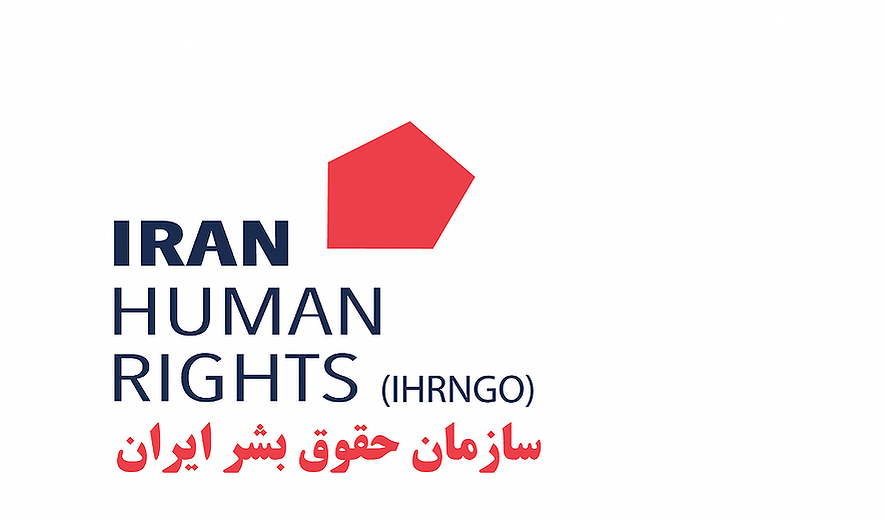Iran: At Least 46 Executed in January 2022

Iran Human Rights (IHRNGO); February 3, 2022: At least 46 people were executed in Iran in January alone, with 17 executed on drug-related charges. 15 men were Baluch minorities. This is significantly higher than the same period in the last four years.
Condemning the executions by the Islamic Republic and recalling the rise in the number of the executions in the shadow of the last round of nuclear talks, Iran Human Rights calls upon the international community to pay closer attention to the deteriorating human rights situation and rise in executions in Iran.
Iran Human Rights Director, Mahmood Amiry-Moghaddam said: “Given the sharp rise in the number of executions during the previous nuclear talks, the international community must not turn a blind eye to the current wave of executions as the nuclear talks continue. We reiterate that the international community must prioritise human rights, especially the death penalty, in any negotiations with the Islamic Republic; sustainable peace and stability are impossible without upholding human rights.”
According to information obtained by Iran Human Rights, at least 46 people were executed in Iranian prisons in January 2022. Of those, only six were reported by domestic media and officials in Iran and the other 40 were independently verified by Iran Human Rights.
The number is significantly higher than those of the same period in previous years; 27 in 2021, 33 in 2020 and 36 in 2019.
Of the 46 executions, 17 were for drug-related offences and 21 were sentenced to qisas (retribution-in-kind) for murder.
One of the executions was based on a qassameh testimony. Qassameh is based on swearing an oath on the Quran by 50 people in “premeditated murder” cases and 25 people in “quasi-premeditated murder” cases and is performed when the judge decides that there is not enough evidence proving guilt of a crime, but still thinks that the defendant is most probably guilty. It should be noted that the people who swear in qassameh ceremonies are not usually direct witnesses to the crime.
The execution of Baluch minorities has also continued, with 15 of the 46 people executed being Baluch minorities from Sistan and Baluchistan province. During a wave that began over a year ago, there has been a dramatic rise in the number of Baluch executions.

